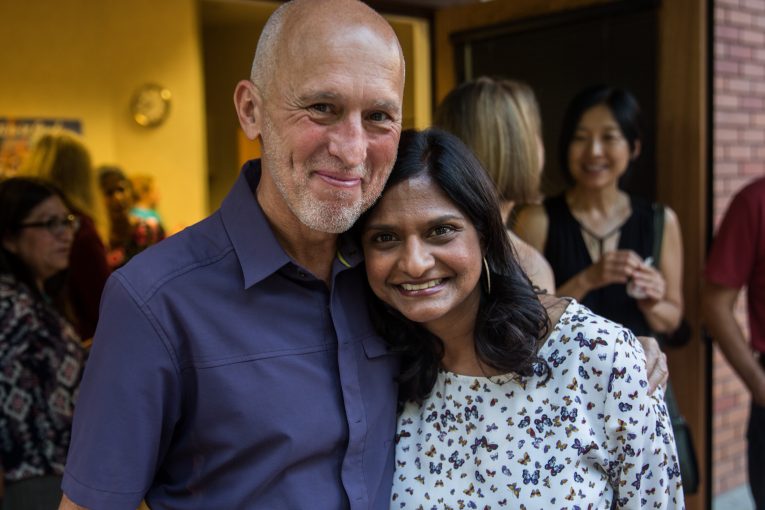

A school board seat has become vacant as the result of Madhavi Sunder departing for a position at Georgetown Law School and forgoing the final five or six months of her four-year term. The seat is scheduled to be filled in the November election, but according to state law that length of time is too long to allow the seat to remain vacant.
“Per Board Bylaw 9223, the Board has 60 days to fill the vacant seat by either calling a special election or by provisional appointment. The candidate who is elected or provisionally appointed to the vacant seat would serve until the seat is filled during the next regular election cycle, November 2018,” according to the staff report.
That effectively gives the board two options to fill the seat, either by (1) Special Election, or (2) Provisional Appointment.
Given the four-month time period and the estimated cost of a special election ($100,000 to $300,000), it seems to be far more logical to have an appointment process.
The staff report notes: “A special election would cost between $100k – $300k. A provisional appointment would incur the cost of advertising the vacant seat in the local media.”
Their timeline is tight for that. August 2 is the date when the school board would approve the application and timeline for such an appointment. By August 3 (tomorrow), the materials would be available to the public. August 10 would be the application deadline.
By August 13: Candidate applications would be posted as part of an agenda for August 16. On August 16, the school board would review applications, hear brief presentations and make the  appointment.
appointment.
All told, this process would last less than two weeks.
In 2014, we saw the most recent vacancy. Nancy Peterson in March of 2014 abruptly resigned following the fallout from the volleyball scandal. There were several differences then as opposed to now. First, the period of time was considerably longer – nine months rather than four months for the appointment. Second, that seat was not up for election normally in the fall.
The board at that time had a full process and ultimately selected Alan Fernandes, who had run for school board in November 2012 and finished third behind Susan Lovenburg and Nancy Peterson.
Among the people that Mr. Fernandes beat out for the appointment was Madhavi Sunder, who would then run on her own in the fall and finish first.
Alan Fernandes’ seat was then up for election in the fall as required by law, but it would only be a two-year seat. Mr. Fernandes, an appointed incumbent, ran for election unopposed that fall, while seven candidates vied for the three open four-year seats.
Mr. Fernandes then ran and won reelection in the fall of 2016 and won a full four-year term.
Given the dynamics of the process, it probably makes more sense for the board to appoint someone temporarily who will not gain electoral advantage and not seek to be reelected. The most obvious solution would be to select a former board member who would be appointed on the condition that they are merely a caretaker for the seat.
Right now it appears that there are likely four candidates for three seats, but it is fairly early in the process. In addition to likely board incumbents Barbara Archer and Tom Adams, two challengers have emerged – Cindy Pickett and Joe DiNunzio.
In our view, it makes more sense for the board to avoid picking favorites and allow the seat to be filled longterm by someone democratically elected rather than giving an advantage, even if only on paper, to an appointed incumbent.
—David M. Greenwald reporting
Get Tickets To Vanguard’s Immigration Rights Event

On this we fully agree… yesterday, was not aware of the State Law thing about how long a seat could remain open…
“who will not gain electoral advantage”
Since we have two incumbents already who are presumably running (though neither has filed as of yesterday) and they have that advantage why begrudge a challenger?